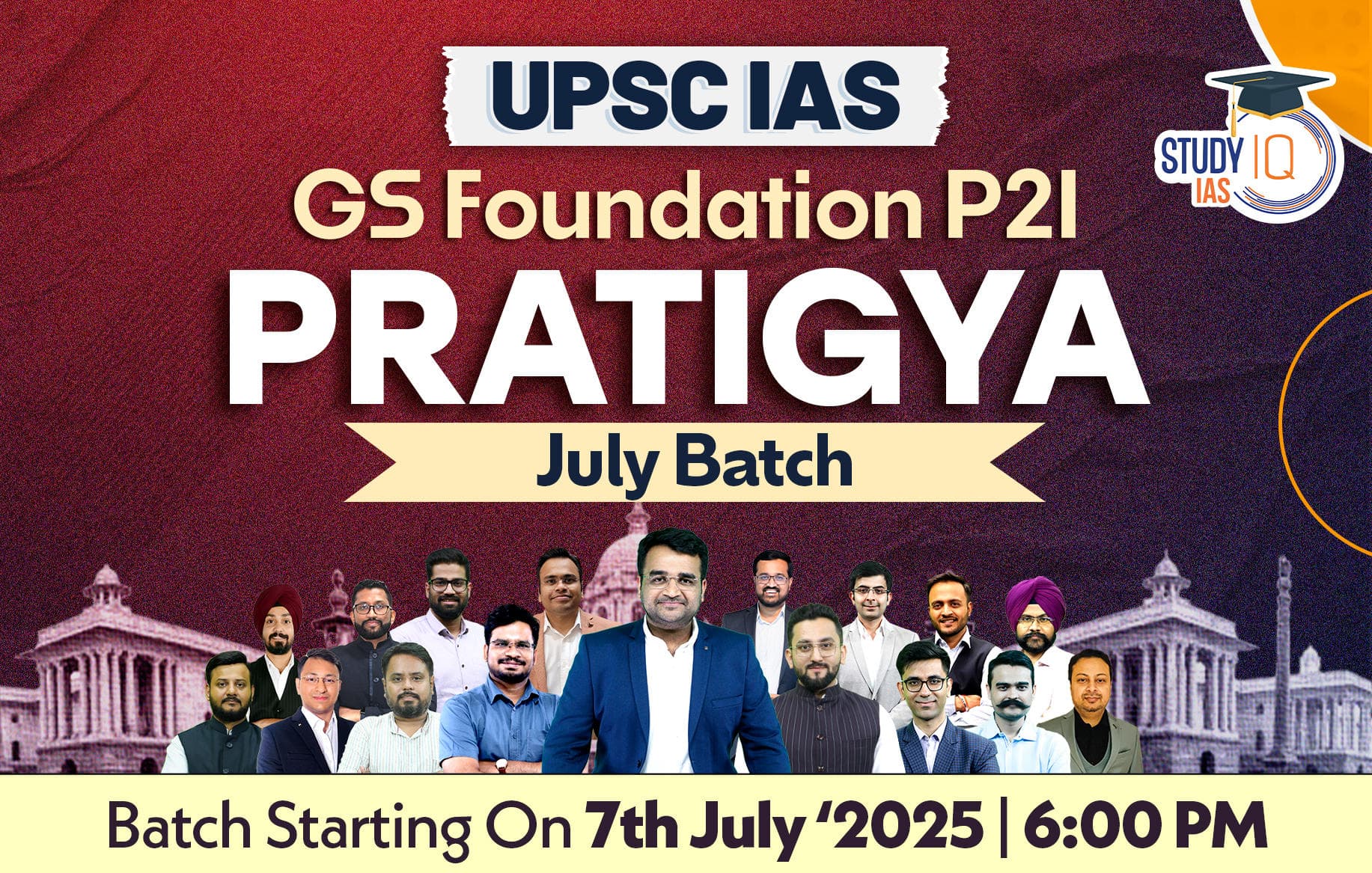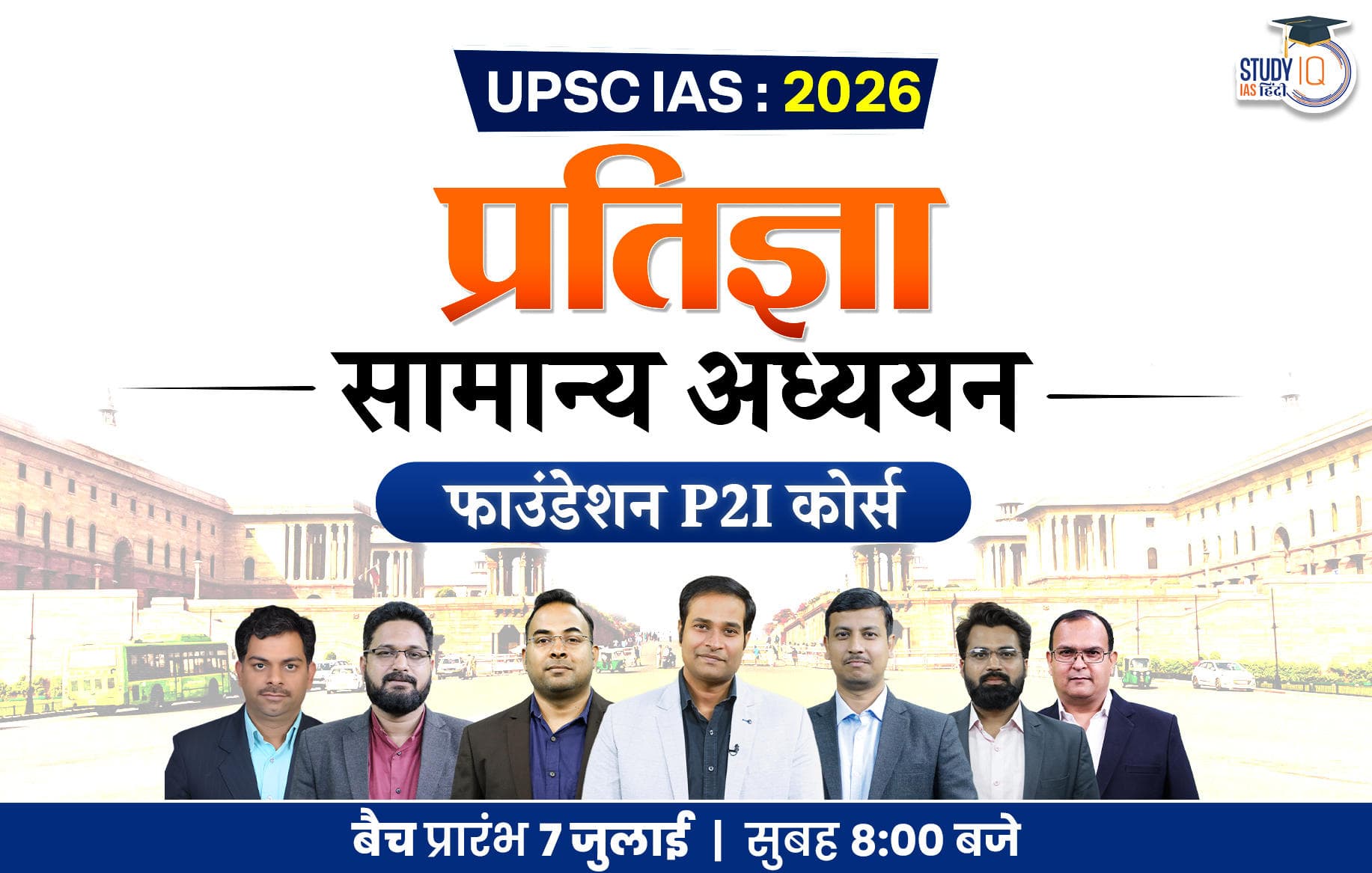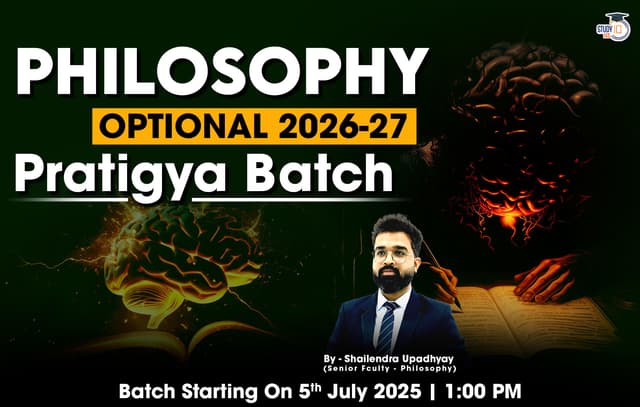Table of Contents
Indira Gandhi, a prominent figure in Indian history, was the first woman to hold the office of Prime Minister in India and played a crucial role in shaping the nation during the post-independence period. Indira Gandhi’s death on October 31, 1984, was a pivotal moment in Indian history, marked by both her transformative legacy and the tragic circumstances of her assassination. She was a formidable leader, often referred to as the “Iron Lady” of India, who left an indelible mark on the nation’s socio-political and economic landscape.
Indira Gandhi’s Death Anniversary
October 31 marks the anniversary of the tragic death of former Prime Minister Indira Gandhi, who was assassinated on this day in 1984. Her assassination occurred just five months after a military operation at the Golden Temple as part of Operation Blue Star.
We’re now on WhatsApp. Click to Join
Early Life and Education
Indira Gandhi was the daughter of Jawaharlal Nehru, who later became India’s first Prime Minister, and Kamala Nehru, a freedom fighter. She grew up in a politically influential family and was actively engaged in the freedom struggle from a young age.
She received her education from various schools in India and abroad, including Shantiniketan, where she was named “Priyadarshini” by Rabindranath Tagore. Later, she pursued higher studies at the University of Oxford, which helped shape her intellectual and political acumen. In 1942, she married Feroze Gandhi, and they had two sons, Rajiv and Sanjay Gandhi.
Political Career
Indira Gandhi’s political journey began in earnest when she joined the Indian National Congress, where her father, Jawaharlal Nehru, was a prominent figure. She served as an aide to her father during his tenure as Prime Minister.
After her father’s death, she assumed leadership roles within the Congress party and was elected as the President of the Indian National Congress in 1960.
In 1966, after the untimely death of then-Prime Minister Lal Bahadur Shastri, Indira Gandhi was chosen as the leader of the Congress party, despite facing initial criticism and opposition. She subsequently became the Prime Minister of India, serving from 1966 to 1977.
During her tenure as Prime Minister, she implemented several significant reforms and initiatives, including the nationalization of banks, the abolition of princely states’ privy purses, and the declaration of a state of Emergency in 1975 due to her conviction for election offences. She called for elections in 1977, which she lost, but returned to power in 1980.
Indira Gandhi First Women Prime Minister of India
Indira Gandhi was indeed the first woman to serve as the Prime Minister of India. She held this prestigious position from January 1966 to March 1977 and again from January 1980 until her tragic assassination in October 1984. Her leadership marked a significant milestone in Indian political history as she became the country’s first female Prime Minister, a position she held with determination and influence, leaving a lasting impact on India’s political landscape.
Indira Gandhi’s Achievements and Contributions
Indira Gandhi’s achievements and contributions as a prominent Indian political leader are numerous and have had a lasting impact on the country’s history. Here are some of her key accomplishments and contributions:
Bank Nationalization
In 1969, Indira Gandhi made the landmark decision to nationalize 14 major commercial banks in India. This move played a crucial role in shaping India’s banking sector and aimed at improving banking operations, particularly in the agricultural sector. It also helped in reducing regional economic disparities.
Abolition of Privy Purses
Indira Gandhi pushed for and successfully abolished the privy purses given to the former rulers of princely states. This decision was in line with the principles of equality and social justice as enshrined in the Indian Constitution.
“Garibi Hatao” Campaign
Indira Gandhi launched the “Garibi Hatao” or “Eradicate Poverty” campaign, which was a significant part of the Fifth Five-Year Plan. This campaign focused on poverty alleviation, employment generation, and increasing agricultural production. It resonated with the marginalized sections of society and played a crucial role in her electoral success.
Role in the Bangladesh Liberation War
During the 1971 India-Pakistan War, Indira Gandhi stood in solidarity with the people of Bangladesh. She allowed refugees from East Pakistan to take shelter in India and extended financial aid, diplomatic assistance, and military support to the people of East Pakistan. This support played a pivotal role in the creation of Bangladesh as an independent nation and boosted her popularity.
Imposition of Emergency
Indira Gandhi, India’s Prime Minister, imposed a state of emergency from 1975 to 1977, suspending civil liberties, suppressing dissent, and controlling the media. Thousands were arrested without trial, and her government implemented controversial policies, including forced sterilization. The authoritarian Emergency was widely criticized. It ended in 1977 with elections that saw her party’s defeat, marking a crucial moment in India’s democratic history. The period under the Emergency is remembered for its curtailment of freedoms and remains a contentious chapter in Indian politics, highlighting the importance of safeguarding democratic values and institutions.
Operation Blue Star
In 1984, Indira Gandhi ordered Operation Blue Star to remove Sikh militants, including Jarnail Singh Bhindranwale, from the Golden Temple Complex in Amritsar. This operation aimed to restore control over the temple, which was under the control of extremists seeking an independent state for Sikhs. However, it resulted in significant casualties and damage to the temple, leading to widespread criticism and her tragic assassination.
Leadership during a Challenging Era
Indira Gandhi served as Prime Minister during a turbulent period in India’s history. She navigated complex political, economic, and social challenges, making her a central figure in shaping India’s trajectory in the post-independence period.
International Recognition
Indira Gandhi received international recognition for her leadership. In 1972, she was awarded the Bharat Ratna, India’s highest civilian award. She also received the Mexican Academy Award for her efforts during the Bangladesh Liberation War and the FAO 2nd Annual Medal. A Gallup poll in the United States in 1971 named her as the most admired person in the world.
Indira Gandhi Assassination
Indira Gandhi, India’s first female Prime Minister, was assassinated on October 31, 1984, by two of her Sikh bodyguards in retaliation for her order of Operation Blue Star to remove Sikh militants from the Golden Temple. This event led to widespread anti-Sikh riots across India, resulting in loss of life and property. Her assassination marked a turning point in Indian politics and had lasting consequences for communal relations.
Gandhi’s leadership included notable achievements such as bank nationalization, the abolition of privy purses, and the “Garibi Hatao” campaign for poverty alleviation. Her legacy is complex, defined by her determination, leadership, and the tragic end that continues to shape India’s history.
Indira Gandhi Legacy
Indira Gandhi, India’s first female Prime Minister, left a lasting legacy. Her strong leadership and assertiveness earned her the moniker “Iron Lady.” While her rule saw the declaration of a state of emergency, her economic policies, including bank nationalization and the Green Revolution, influenced India’s economic landscape.
She played a pivotal role in the 1971 war that led to the creation of Bangladesh and strengthened India’s relations with the Soviet Union. Her tenure was marked by controversy, including Operation Blue Star in 1984, which led to her assassination. Indira Gandhi’s legacy endures as a symbol of women’s empowerment and complex political leadership.
| Category | Details |
| Early Life and Education |
|
| Involvement in Freedom Struggle |
|
| Marriage and Early Political Career |
|
| Political Achievements |
|
| Involvement in Organizations and Institutions |
|
| Parliamentary and Leadership Roles |
|
| Wide Array of Interests |
|
| Awards and Recognitions |
|
| Published Works |
|

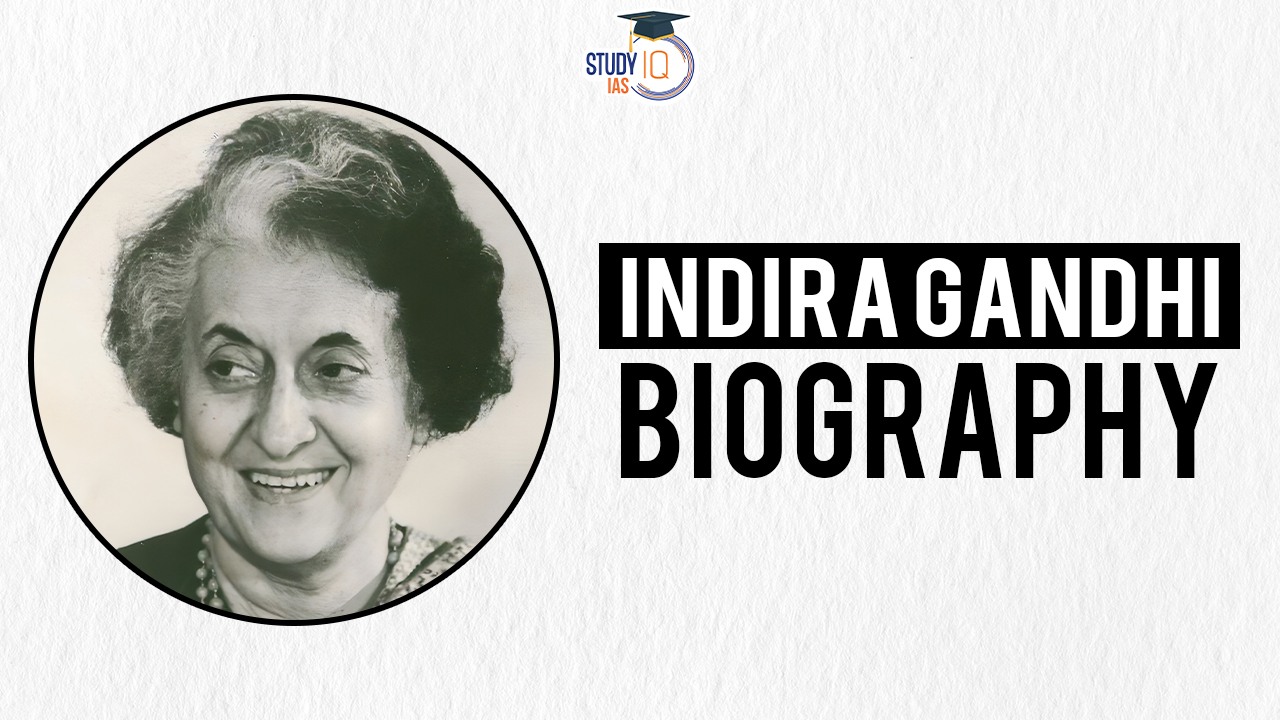
 Elon Musk’s America Party: A New Chapt...
Elon Musk’s America Party: A New Chapt...
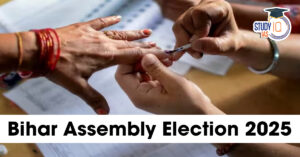 Bihar Assembly Election 2025: Complete G...
Bihar Assembly Election 2025: Complete G...
 17th BRICS Summit 2025: India’s Leader...
17th BRICS Summit 2025: India’s Leader...

